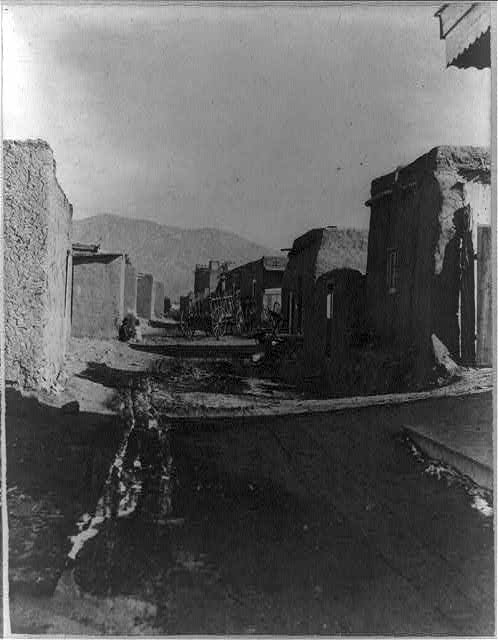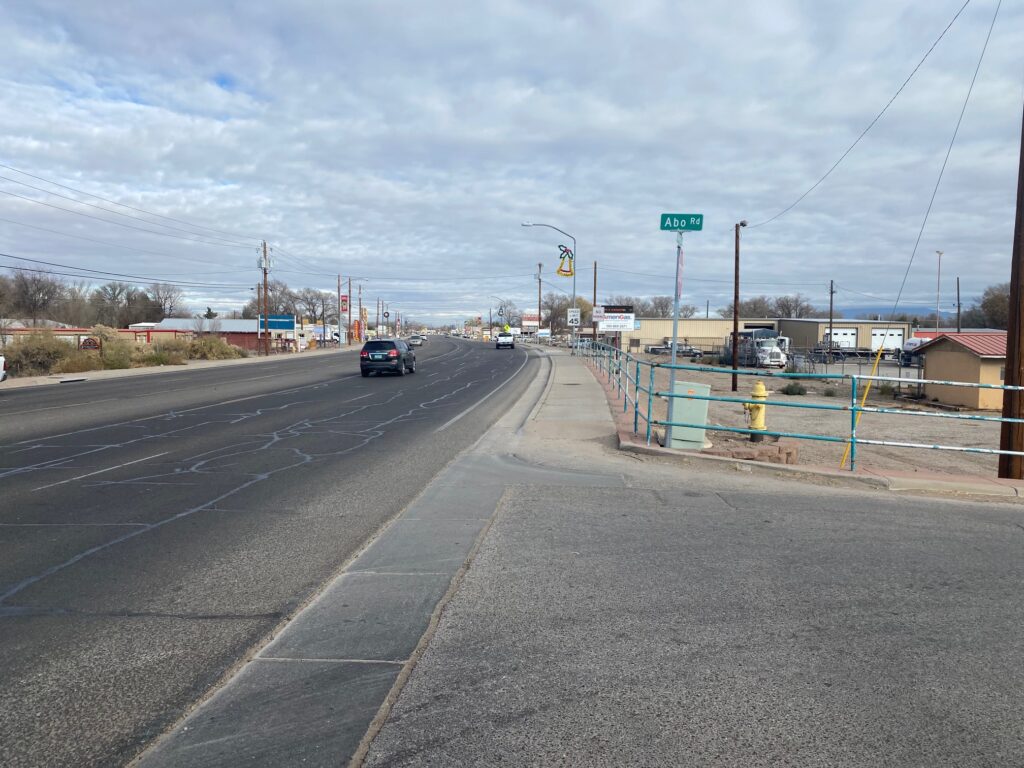Forgotten Heroism at the Skirmish of Peralta
While we mostly study, write about and visit the sites of the Civil War’s major battles – Gettysburg and Chickamauga, Antietam and Vicksburg – most Civil War engagements were the small skirmishes and minor engagements that are barely remembered today. While a handful may have significantly affected the course of the war, for the most part they left the biggest mark on the rank and file soldiers who fought in them. And while we have the benefit of hindsight today, the knowledge that these smaller battles would leave both sides no closer to winning the war in no way diminishes the heroism and sacrifice of the relatively few soldiers who experienced those smaller fights.
163 years ago this month, in April of 1862, a couple thousand bedraggled Confederates under the command of Brigadier General Henry Hopkins Sibley found themselves retreating south along the Rio Grande River. In one of the Civil War’s most wide-ranging campaigns, they had spent the last few months marching across Texas from San Antonio, then up the length of New Mexico past Santa Fe, while fighting battles at Valverde and Glorieta. At Glorieta, Colorado Volunteers burned the Confederate supply train, prompting Sibley’s small army to withdraw from their ill-fated campaign to dramatically expand the Confederate States westward toward the Pacific. They were run down by the marching, fighting and harsh desert weather, while woefully short of rations and other supplies.

Meanwhile, Union columns under Col. Edward R.S. Canby were converging on Sibley, determined to drive him out of New Mexico, if not destroy the Confederate army outright. On April 14, both armies deployed around Peralta, a small village of adobe buildings that provided ready-made fortifications for Confederate troops. The Federals began shelling Sibley’s lines while they maneuvered for an advantageous position to mount a decisive attack, leading to one of the most remarkable incidents of the campaign.
Forced to endure the bombardment, Bill Davidson of the 5th Texas Mounted Volunteers remembered sheltering behind an adobe wall with the rest of Company A. One Union shell dropped in behind the wall, next to a cluster of Confederate troops. Davidson wrote that the sputtering fuse went “chew, chew” as he looked on in horror. Leaping into action, Private Benjamin Slater grabbed the shell, threw it into a ditch and extinguished the fuse before the shell could explode, declaring “it was better for it to kill him than the whole company.”[1]

Even allowing for the embellishment that may have come with the account being written well after the war, it’s a moment of selfless heroism that might have put a Union soldier in line for a Congressional Medal of Honor. But in the midst of the small skirmish at Peralta, it’s a forgotten footnote of a little-remembered campaign. Union forces declined to mount a major assault at Peralta – some contemporaries blamed a sandstorm, others blamed Canby’s reluctance to attack. Sibley’s army continued its retreat southward, slowly disintegrating as it crossed the desert back toward Texas. After the skirmish, Slater was too sick to continue marching, falling victim to the brutal conditions Sibley’s army had endured for months. He was left behind to be taken prisoner by advancing Union troops, before being exchanged a few months later.[2]
Today, no part of the battlefield of Peralta has been preserved, a sad testament to how these small skirmishes — and the stories of heroism that resulted from them — have faded into history.
[1] Thompson, Jerry. Civil War in the Southwest: Recollections of the Sibley Brigade. Texas A&M University Press, 2001, 107.
[2] Thompson, Jerry. Civil War in the Southwest: Recollections of the Sibley Brigade. Texas A&M University Press, 2001, 148.
Interesting story of an act of heroism that went unrewarded. Thanks.
Agree. Interesting story. It would be nice to have a book published of the many small skirmishes and minor engagements that occurred during the Civil War. Obviously the number of the these are many and too much for one book. However, it would be nice to have them collected so that those participants are brought out of obscurity and remembered. There are so many interesting and important stories of battles/skirmishes/fights and the participants to be told.
A set of four historical novels were written about the war in the southwest by P.G. Nagle. The history was meticulously studied. The books followed the action from Glorietta, through Valarde, Peralta, Arizona, back east to Galveston and Red River.